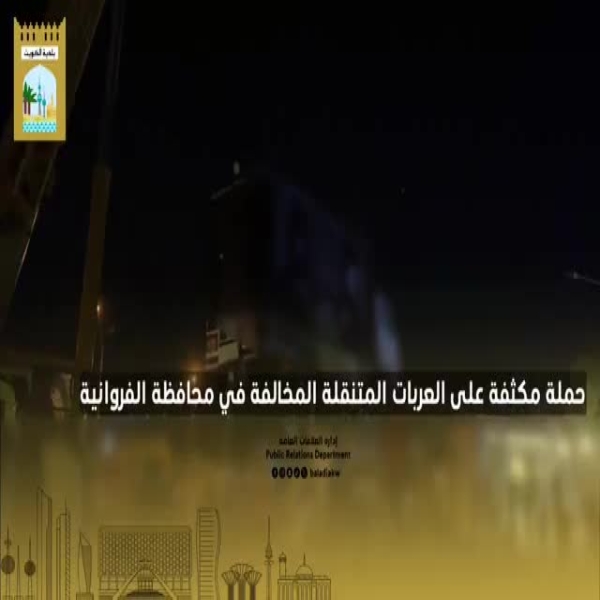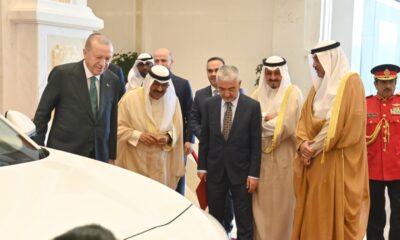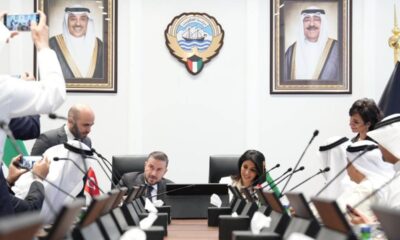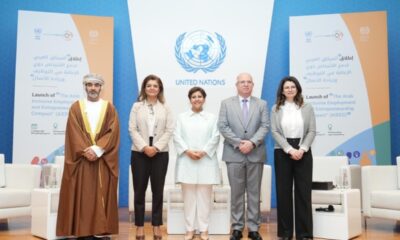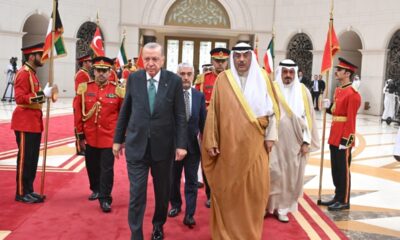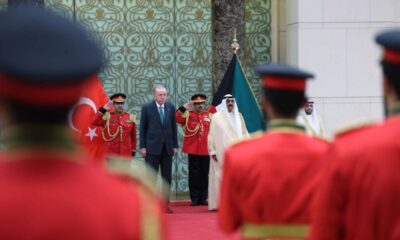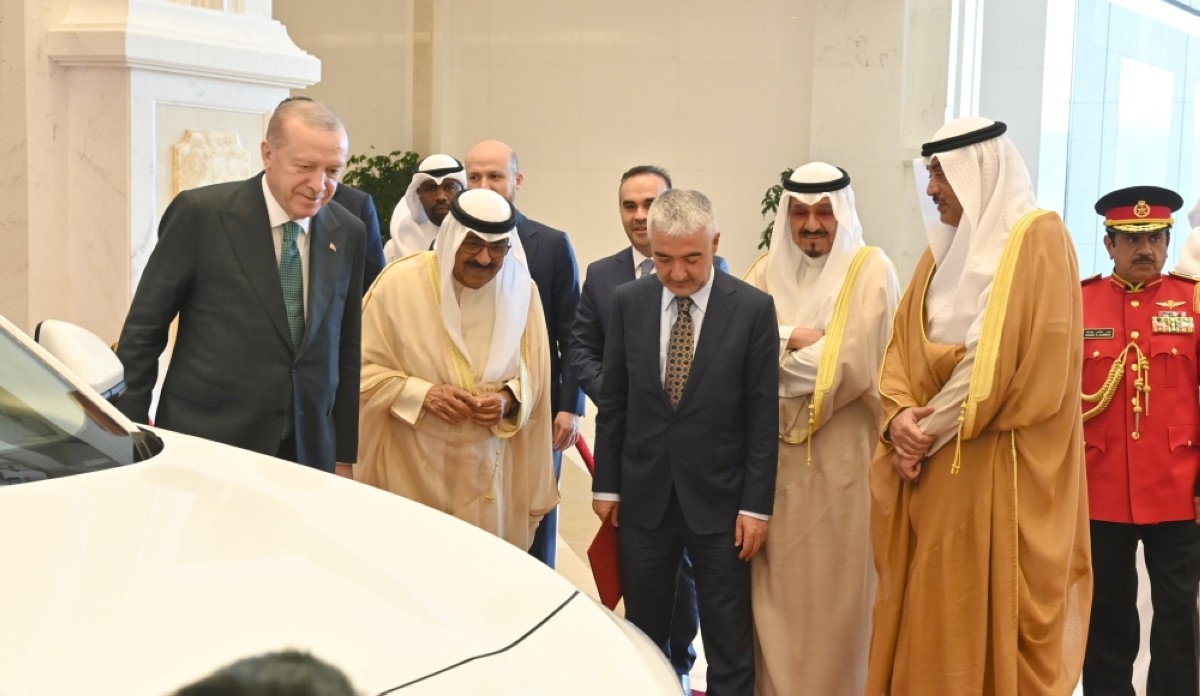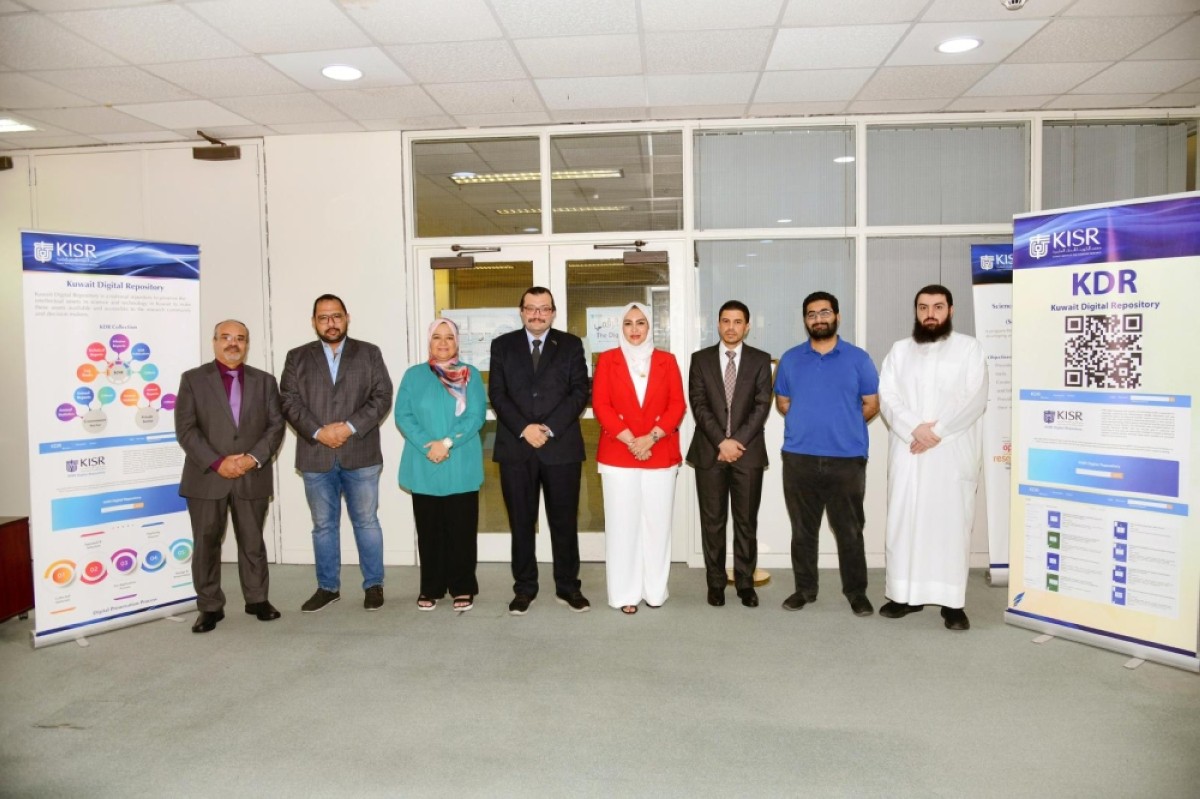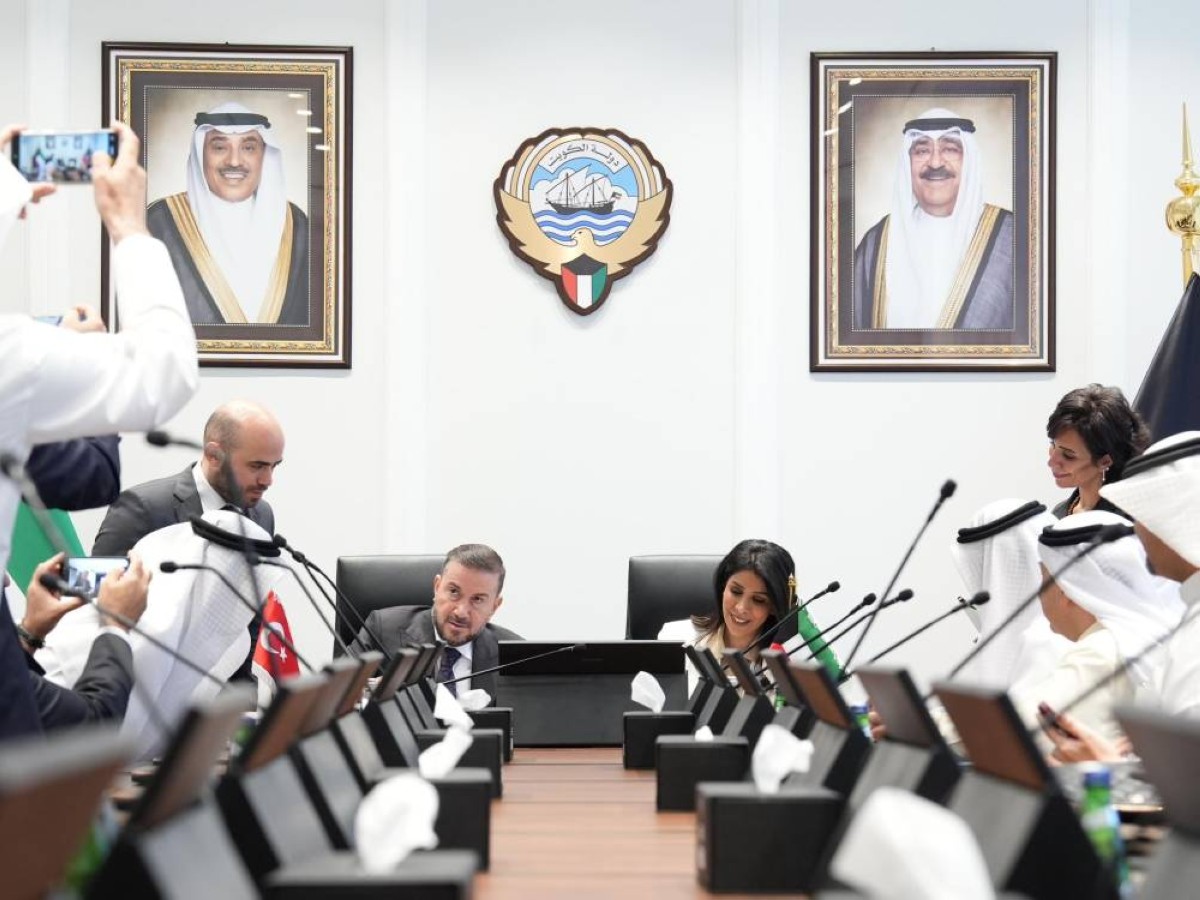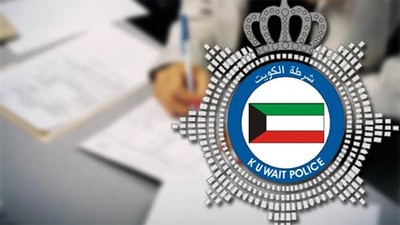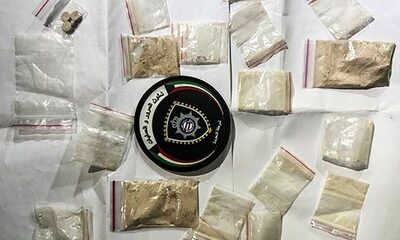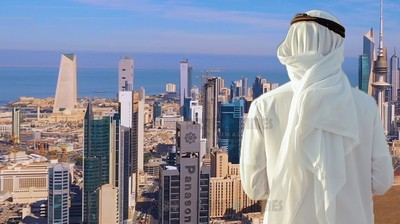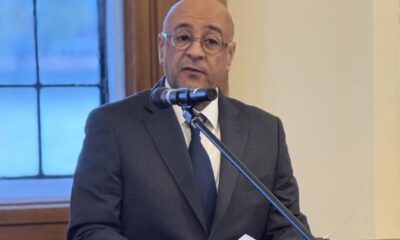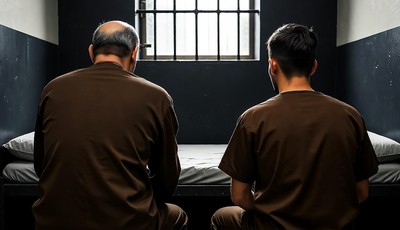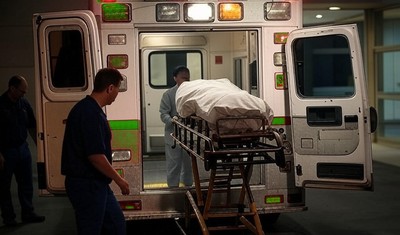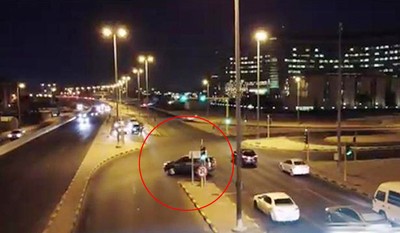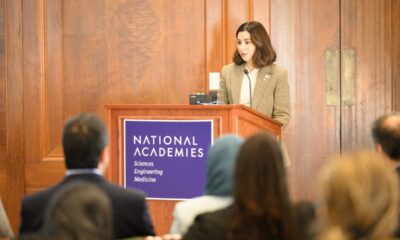KUWAIT: HH the Amir Sheikh Meshal Al-Ahmad Al-Jaber Al-Sabah and visiting Lebanese President Joseph Aoun headed on Monday the official rounds of talks between Kuwait and Lebanon at Bayan Palace. The talks were held in the presence of HH the Crown Prince Sheikh Sabah Al-Khaled Al-Hamad Al-Sabah, Acting Prime Minister Sheikh Fahad Al-Yousef Al-Sabah, and senior officials from both countries.
In a statement, Minister of Amiri Diwan Affairs Sheikh Mohammad Al-Abdullah Al-Sabah said the talks focused on ties and means to develop them on all possible domains. He added the recent developments in Lebanon were also on the table of discussions, noting that the meeting affirmed that Lebanon had a historic chance to rebuild and develop as to achieve the aspirations of the Lebanese people. Top issues of mutual concern, ways to boost Arab cooperation and latest developments on the regional and international domains were also touched on, said the minister.
HH the Amir later hosted a luncheon in honor of the Lebanese president and the accompanying delegation at Bayan Palace before they departed Kuwait after an official visit to the country.
In an interview with KUNA, Aoun said the Lebanese people did not seek conflicts and there was an understanding that weapons should solely be in the hands of the state. ”I have always repeated the word dialogue because I believe it is the only way to reach the objective, and I also reiterate that diplomacy is the way to restore our sovereignty. There are some voices who want to end the weapons’ file quickly, and I think that we can accomplish this objective but without rush and through preserving domestic peace,” he said.
Asked about the internal disputes, Aoun said there were no major differences among the Lebanese people, provided “we comply with the constitution along with dialogue and discussions over the sticky issues”. Aoun said reforms in the country would contribute to improving the living conditions as well as the relations with other countries, especially Arab and Gulf nations.
”This is the objective of my visits abroad, to restore relations and rebuild trust with other countries by explaining the reforms, the reconstruction of the state and its institutions, passing reforms, deployment of the army and security forces nationwide and keeping weapons in the hands of the Lebanese state,” he said.
”These are gradual steps and I believe we have made many strides. It is a long path and there is no going back, and everyone will see the changes which need time, but they are in the right direction,” he added. ”We need to join hands for the sake of Lebanon and its people in order to get the country out of the conflicts and restore functions of institutions that organize the state.”
Aoun arrived in Kuwait on Sunday and was received by HH the Amir Sheikh Meshal. This was the first meeting with HH the Amir, said Aoun, to thank him for “Kuwait’s historic” role in realizing solutions during crises even since before the Taif Agreement, which ended the civil war in Lebanon, citing the first “positive initiative” by Kuwait was in 1973. Aoun said he and HH the Amir would be discussing ways of further boosting bilateral relations. “We have a common concern, which is internal unity in our countries.”
Aoun had already visited Saudi Arabia, Qatar and the United Arab Emirates, and now Kuwait. ”Ever since my election, I was keen on returning Lebanon to the Arab fold and the return of Arabs to Lebanon, which began to materialize. I will also embark on an Arab tour to iron out outstanding issues. I would like to express gratitude to all Arab countries for honoring Lebanon’s demands. Lebanon cannot be a base or a pathway for any harm to any Arab country. The role of Lebanon is to carry a message of peace and neutrality and be a place and a pathway for dialogue, tolerance and co-existence,” he said.
Asked about economic relations with Kuwait, Aoun said the country has been contributing to many development projects since the early 1960s. ”The first loan by Kuwait for Beirut municipality was a few months after the independence of the State of Kuwait, all the way to the building of the silos at Beirut port,” he said. Kuwait’s assistance continued, he noted, and included reconstruction efforts after the Zionist occupation’s aggression in 2006, rebuilding electricity, water and road infrastructure in southern Beirut and southern Lebanon, as well as schools.
Kuwait, he added, provided humanitarian assistance following the 2020 massive explosion at Beirut port. Kuwait Fund for Arab Economic Development (KFAED) expressed readiness to rebuild the silos. ”I think Kuwait is ready to contribute to reconstruction of Lebanon as it has always been by its side,” he said. Lebanon also needs foreign investments, but this required multiple reforms. ”Investment needs reforms,” affirmed Aoun, citing a recent law that boosted the independence of the judiciary, which would provide stability, thus encourage investment. ”I think security and judiciary are important, coupled with economic and financial reforms, in addition to the restructuring of the banking sector. It is a huge project, and we want it to succeed,” he said, and it was also one of the funding conditions of the International Monetary Fund (IMF).
Aoun spoke about the Arab Summit and the Arab Economic and Social Summit, due in Baghdad on May 17, and said Lebanon sought a united Arab position regarding the Palestinian cause. Aoun meanwhile called on Kuwaitis to come and invest in Kuwait. He said Lebanon and Kuwait enjoy solid bonds, citing the first Lebanese citizen to visit Kuwait was in 1915 and the first Middle East Airline flight landed in Kuwait in the 1940s. – KUNA





